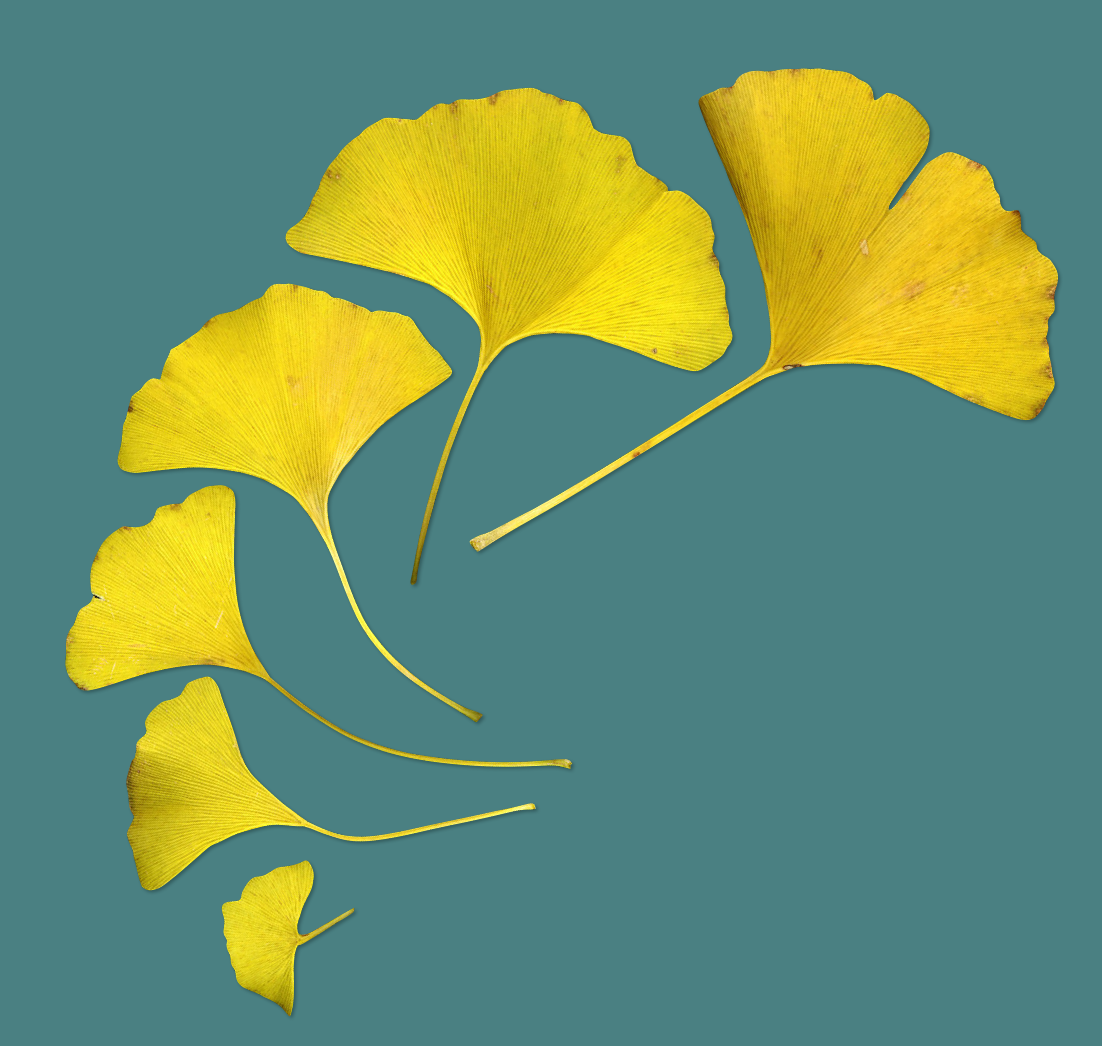Is gluten-free right for you?
Is going gluten free healthier? It has become very popular, that’s for sure. Even, shall we say, fashionable. Many people have jumped on the bandwagon….but without necessarily knowing anything more than “gluten is bad” because they read it somewhere, or someone told them.
For some people, gluten is a serious toxin- people with coeliac disease, an autoimmune disease in about 1.5% of the population (increasing). These people absolutely need to stop eating gluten, even in tiny amounts. And then it is highly recommended that they do some gut healing work and find their other cross-reactive foods, to heal their gut mucosal lining…because healing doesn’t tend to happen just by removing gluten, for coeliacs.
Then there is a group of people who have found they are gluten-intolerant but don’t actually have diagnosed coeliac disease. Non-coeliac gluten-intolerance (NCGI) has a fair weight of evidence behind it nowadays. Many people with other autoimmune diseases are better without gluten, and many people do feel a lot better without gluten-containing foods, which they find may cause a range of symptoms like bloating, aching joints, inflammation, brain fog and even weight issues.
Whether at least some of these people would be able to tolerate and even thrive with gluten foods if they did some dedicated gut-healing work, is a question many Naturopaths are asking nowadays. With some gut healing, and gut resilience restored, gluten foods may be once again eaten without symptoms.
There is a down side to avoiding gluten-containing foods. Wheat is actually a highly nutritious food, and whole wheat particularly, feeds the gut microbiome in a very good way. Wheat is high in protein and has been eaten traditionally for thousands of years as a good source of nutrition. Our microbiome has grown with it.
Many people substitute their tip-top bread with an equivalent gluten-free bread, made from white rice flour and tapioca and other white grains, which are relatively devoid of nutrition and protein, compared to wheat. Then there are the plethora of gluten-free processed foods on the shelves. These may be worse, for most people (non-coeliacs), than just eating some quality gluten products- if well tolerated.
There’s a lot of aspects to this gluten story, and I won’t go into them all here because it will be too long.
But, if for some reason you feel, or have been directed by a good Naturopath or Gastroenterologist or Nutritionist, to go gluten-free…..I highly recommend you do it properly. And that means NOT eating supermarket gluten-free processed foods. It probably involves making most of your food from scratch, eating a wide variety of foods, and carefully considering whether you really need to avoid all grains.
Wholegrains have traditionally been a part of our diet and they help keep our gut healthy. It is possible to go gluten-free and thrive, as of course, many Asians have done for eons, but beware the lure of gluten-free food manufacturers. Gluten-free processed foods are likely LESS nutritious than their gluten-containing counterparts.
Another dark side is the substitution of more rice, as well as fish, in gluten-free diets- both of which are likely to contain heavy metals such as arsenic and mercury.
Having said that, if you wish to eat gluten (and I don’t recommend any food restrictions without a good reason) but also react to it sometimes, try making your own bread, or finding a source of sourdough (long-fermented) bread. The bread which has been kneaded and left to sit for 12 hours or so, before being cooked, has much of the gluten broken down, and this was how bread was traditionally made. Traditional societies, and our western culture until the 1950s, knew the importance of letting grains ferment and breakdown to increase their digestibility, and release their nutrition.
Wheat is not inherently evil and has been an excellent source of nutrition for many cultures. Many modern people have damaged guts, and suboptimal gut flora, for many reasons, and this may be contributing to the issues many are having with gluten. There may also be issues with current hybrid strains of wheat, causing issues. Some people find they can tolerate bread and pastries in Europe, but not in Australia.
It is a complex issue with many nuances, and it’s worth not taking too simplistic a view without understanding all the implications.

